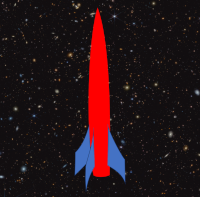
 |
Eager Space | Videos by Alpha | Videos by Date | All Video Text | Support | Community | About |
|---|

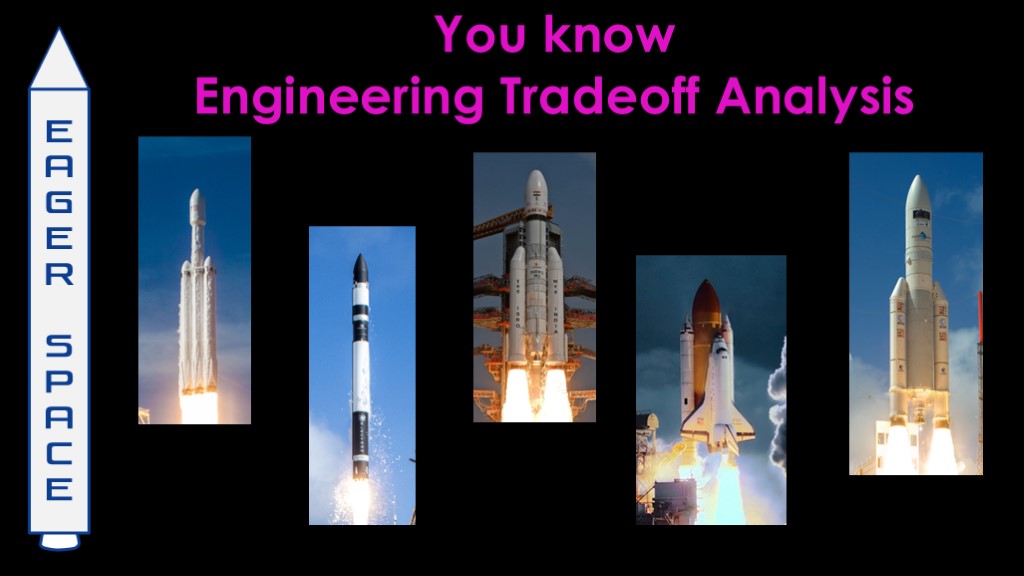
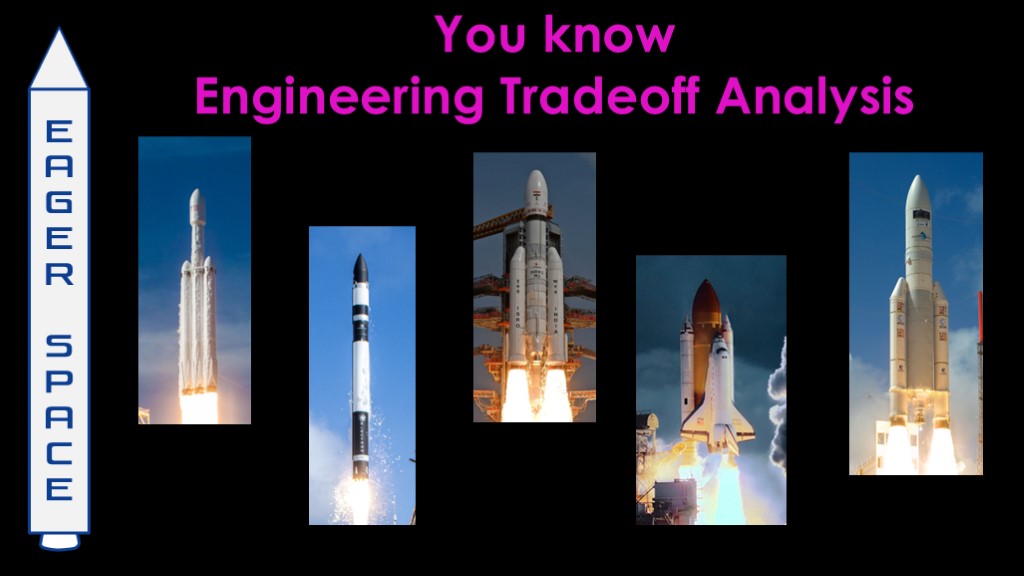
Let's say that you want to build a rocket. There are lots of different rockets out there, with different sizes, different fuels and engines, different payload capacity, different materials.
How do you figure out what the best choices are?
You need to do a tradeoff analysis
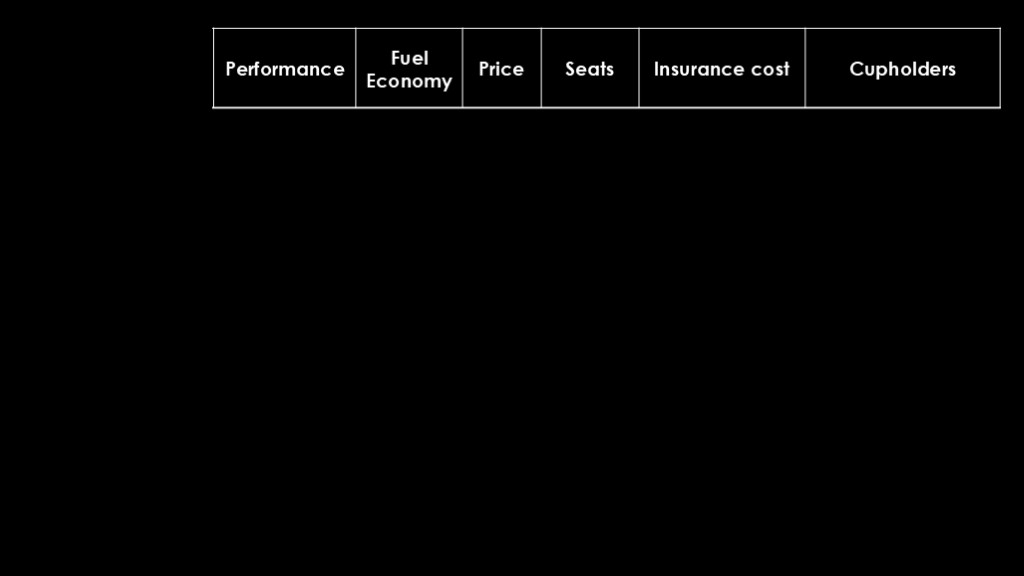
You may have done this when purchasing a car.
You come up with a list of requirements - how much it costs, how many seats it has, how many cupholders are available. These are the things that you care about in a car.
You then create a list of cars and rank each car based on the requirements.
That gives you a nice matrix of data and - based on how important each requirement is to you - you can figure out which car is the best choice.
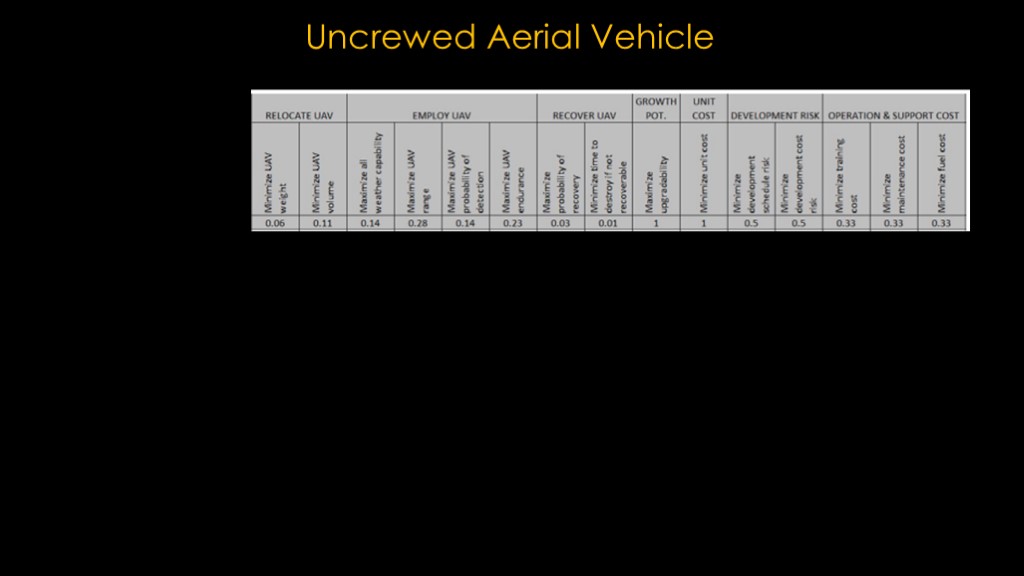
The same basic idea works in aerospace.
If you are developing an uncrewed aerial vehicle - the fancy name for a large drone - you come up with a list of requirements and, in this case, a value that tells you how important each requirement is.
You then spend a lot of time coming up different approaches that might meet your requirement. Unlike cars - which already exist - these vehicles are proposals, and you need to spend enough time on analysis to be confident that the designs will work the way you expect them to work.
Then finally, you can rank the designs on the requirement. In this case, it's a heat map that shows you what measures are good and what ones are bad.
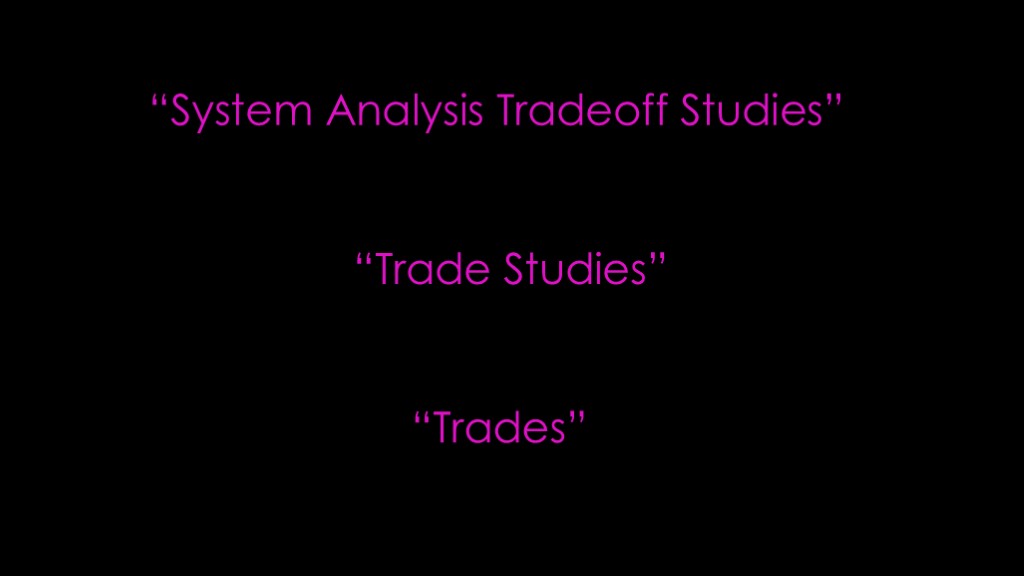
System analysis tradeoff studies is a bit of a mouthful, so this is often abbreviated to trade studies, or simply "trades", as in "we were looking at different cushioning materials for landing and the trades said that marshmallow was superior to chocolate ganache".
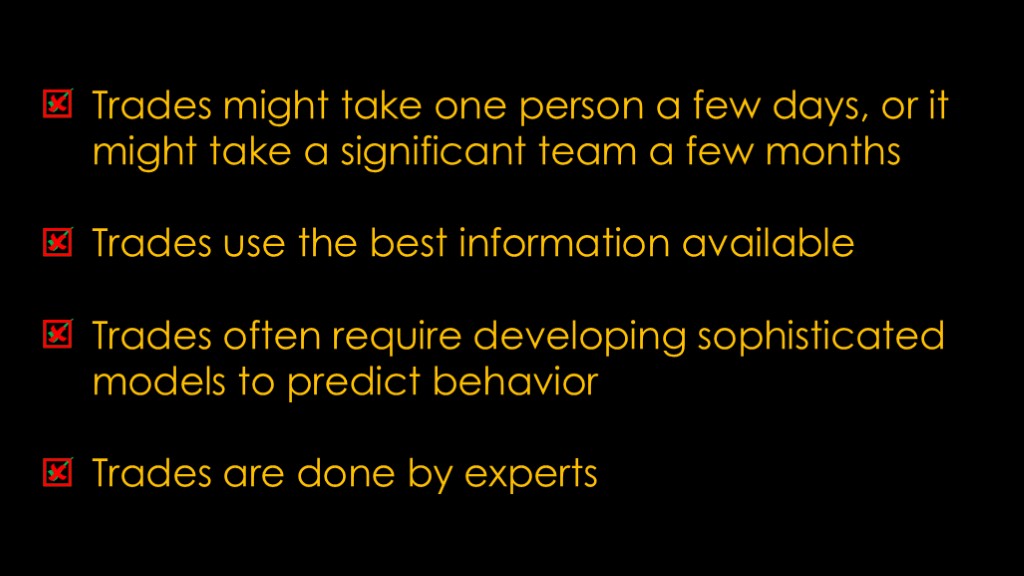
If we look at the process, trades might take one person a few days, or a significant team might spend a few months
Trades use the best information available, often proprietary information that is only available inside an organization
Trades often require developing a sophisticated model to predict behavior.
Trades are done by experts
All that means that trades give the best guesses available. They are still guesses, just highly educated ones. That is why plans change - a company learns more and it turns out that the conclusion from the trades changes.
Let's see how I stack up to these.
I might spend a couple of days working at something, but never more than that
I only have publicly available information to work with
My models are simple and designed to get a feel for the behavior of a system rather than real numbers
I'm not an expert
So we can expect that the results I get aren't very good; I simply don't have the information or training to do a great job.
But it's still interesting to try to understand why certain tradeoffs are made, as long as we keep in mind the limits of our analysis.
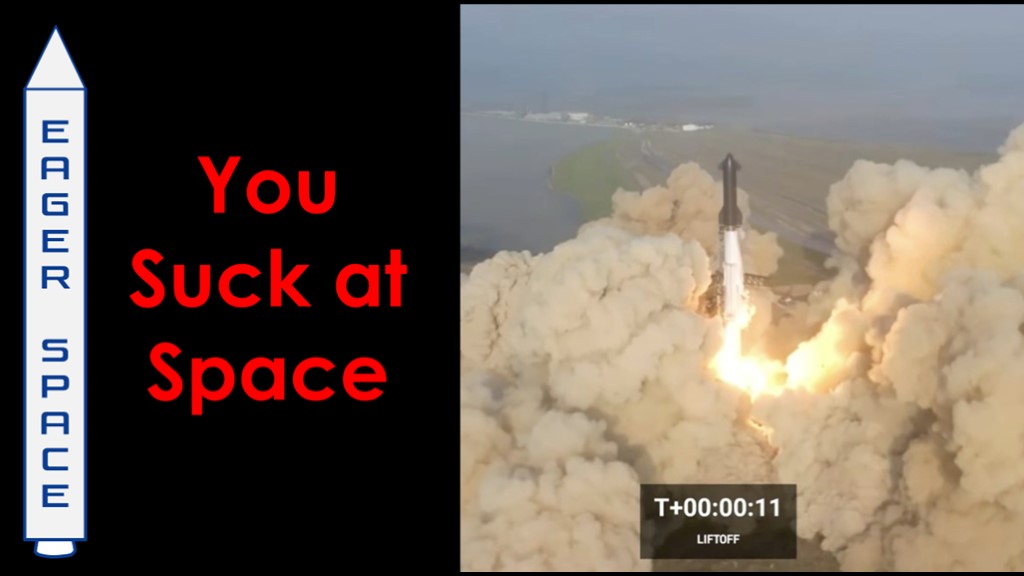
I also highly recommend you watch my video "you suck at space", which is all about why humans tend to be poor at understanding the limits of their expertise.
And that's how trades work.
My meta point - the reason that I made this video - is that companies very rarely make decisions without a lot of hard work and analysis, so if their decisions seem strange to us, it's almost always because we are lacking data.
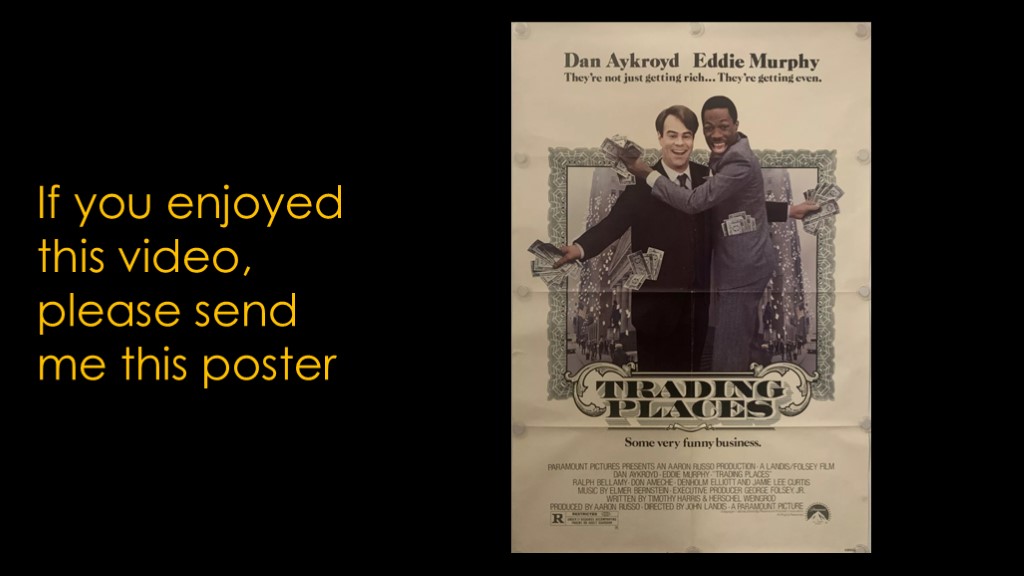
If you enjoyed this video, please send me this poster....